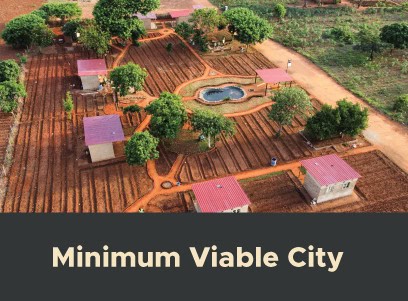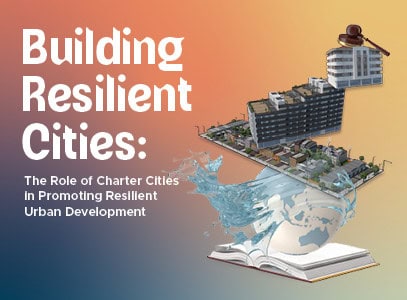Edward Glaeser is the Fred and Eleanor Glimp Professor of Economics at Harvard University, where he has taught since 1992. He is also Director for the Cities Research Programme at the International Growth Centre, a senior fellow at the Manhattan Institute, and a contributing editor of City Journal. Glaeser’s research focuses on the determinants of city growth and the role of cities as centers of idea transmission. He has published dozens of papers on cities, economic growth, and law and economics. Glaeser is the author of Cities, Agglomeration, and Spatial Equilibrium (2008); Triumph of the City: How Our Greatest Invention Makes Us Richer, Smarter, Greener, Healthier, and Happier (2012); Survival of the City: Living and Thriving in an Age of Isolation (2021); and coauthor of Rethinking Federal Housing Policy: How to Make Housing Plentiful and Affordable (2008). He holds a Ph.D. from the University of Chicago.










